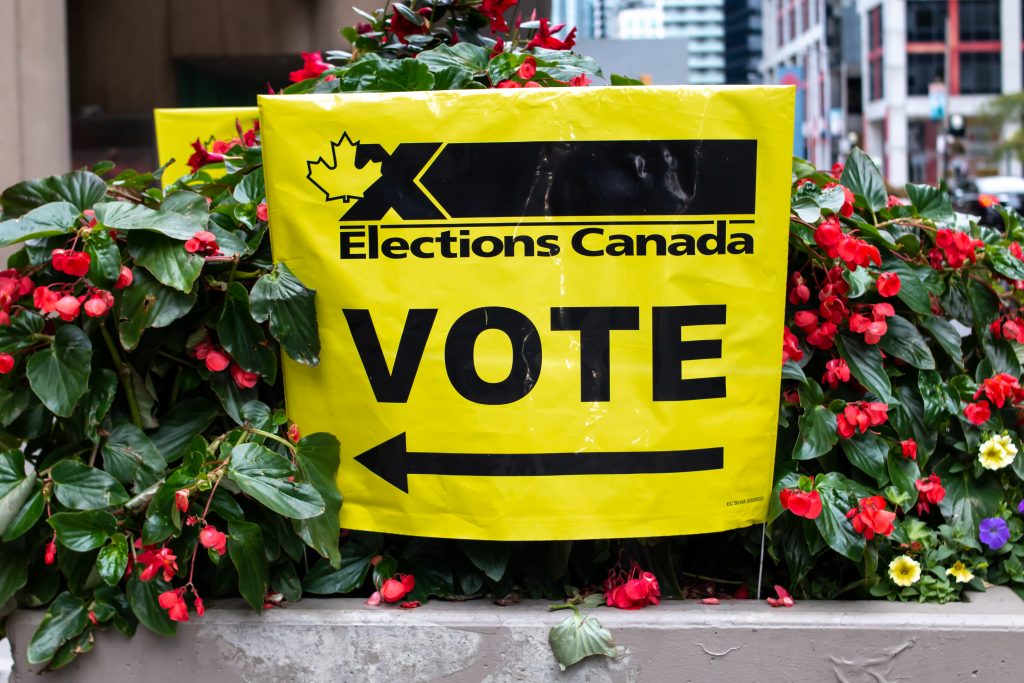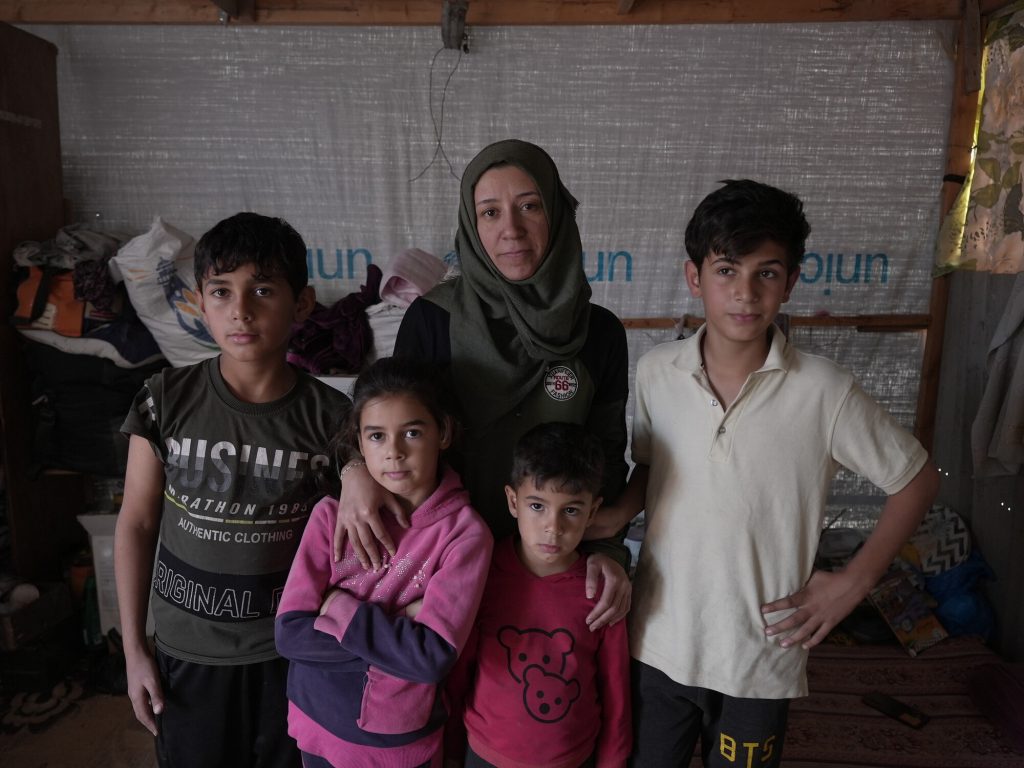Davos 2025: A Turning Point or Another Missed Opportunity?
Davos 2025, with its theme of "Collaboration in the Intelligent Age," is poised to provide an opportunity for world leaders to address the defining challenges of our time. But it remains to be seen if participants – people holding significant influence and resources – move beyond rhetoric and take concrete actions to create a more equitable and sustainable future for all.
For the past decade, Oxfam has published its flagship inequality report every year as the World Economic Forum kicks off in Davos, Switzerland. Why? Because this forum brings together the rich and powerful, including Heads of States and CEOs of multinational corporations, to discuss solutions to the world’s pressing issues. Every year, it is hoped that Oxfam’s data and analysis will serve as a wake-up call to tackle growing inequality.
In 2014, when Oxfam published its first inequality report raising alarm bells on rising inequality, it showed that only 85 people owned as much wealth as the poorest half of humanity. By 2017, it had dropped to 8 people owning as much wealth as the bottom of humanity. In Canada, the 2 richest men owned more than the bottom 30% of Canadians.
Then came the COVID-19 pandemic – an inequality-generating machine on steroids. The five richest men in the world were able to double their fortunes from $405 billion to $869 billion between 2020 and 2024, all while 5 billion people had gotten poorer. Meanwhile here in Canada, four of the five richest men increased their wealth by two-thirds from 2020 to 2024. Last year, Oxfam estimated that the world would see the first trillionaire within the next decade.
Inequality is not inevitable, it’s a result of political action, or rather inaction. World leaders have consistently bowed to the interests of corporations and the super-rich. But Oxfam is no longer a lone voice raising the alarm on extreme inequality. Even the International Monetary Fund has grown increasingly concerned about the rise in inequality. The head of the IMF declared in 2024 that “we have an obligation to correct what has been seriously wrong over the last 100 years – the persistence of high economic inequality.” Also, the G20 identified tackling extreme inequality as a priority during the 2024 Brazil presidency and committed to working together on taxing the world’s super-rich, a key demand of Oxfam.
Inequality has been on the agenda at Davos for years. But it is only spiralling more and more out of control. So, will Davos 2025 be a turning point? Will it serve as a catalyst for positive change, or will it become another week of disappointing speeches, half-backed commitments and pats on the back?
We at Oxfam Canada will be watching closely and will be sure to share Oxfam’s latest inequality data next week as the WEF kicks off.

